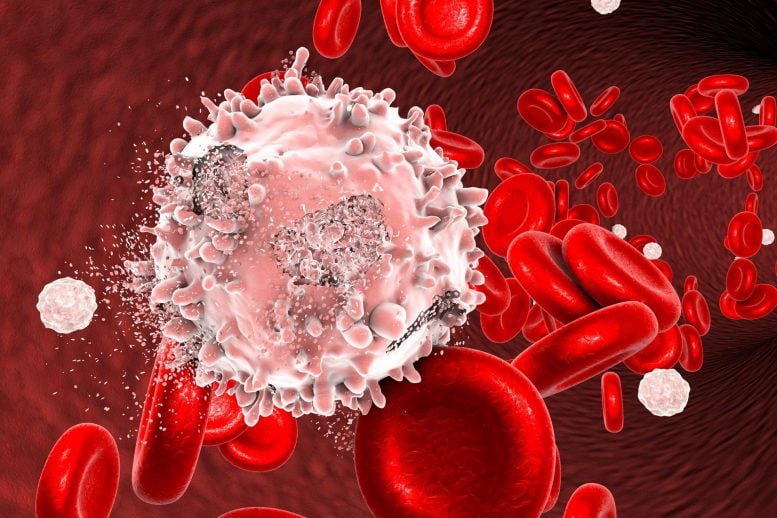How a High-Fiber Plant-Based Diet Can Help Prevent the Progression of Incurable Blood Cancer
Dec 16, 2024Studies, including a clinical trial by Memorial Sloan Kettering Cancer Center, suggest that a high-fiber, plant-based diet may delay the progression of multiple myeloma, a rare blood cancer, by improving immune health and reducing cancer risk.
How a High-Fiber Plant-Based Diet Can Help Prevent the Progression of Incurable Blood Cancer
Multiple studies, including a clinical trial by Memorial Sloan Kettering Cancer Center (MSK), suggest that a high-fiber, plant-based diet may significantly delay the progression of multiple myeloma, a rare and currently incurable blood cancer. This is not a cure, but a promising preventative measure.
Key Findings from the MSK Study (NUTRIVENTION):
The MSK study involved 20 participants with a precancerous blood disorder and high BMI, putting them at increased risk for multiple myeloma. The participants followed a high-fiber, plant-based meal plan for 12 weeks, with an additional 24 weeks of dietary coaching.
Positive Outcomes:
- Delayed Progression: At one year after enrollment, none of the participants had progressed to multiple myeloma. Two participants who had shown advancing disease before the trial experienced significant improvement.
- Improved Health Markers: The dietary changes led to significant improvements in quality of life, insulin resistance, gut microbiome health, and inflammation.
- Weight Loss: Participants lost an average of eight percent of their body weight after 12 weeks.


Mechanism of Action:
According to Dr. Urvi Shah, the study lead, the high-fiber, plant-based diet improves the microbiome and metabolism, leading to a stronger immune system. This strengthened immune system is believed to play a crucial role in delaying the progression of multiple myeloma. A supporting study using a mouse model confirmed these findings; 44% of mice fed the high-fiber diet did not progress to myeloma, compared to 100% of mice on a standard diet.
Further Research:
Dr. Shah is currently leading a larger, multi-center study (NUTRIVENTION-3) with 150 participants to further validate these findings.
Note: This information is based on the provided search results and should not be considered medical advice. Consult with your healthcare provider before making any significant dietary changes, especially if you have a precancerous condition or blood cancer.
Jan 21, 2025
Explore the pros and cons of a plant-based diet, including health benefits, potential challenges, and tips for successful implementation. Learn about vegetarian, vegan, and flexitarian approaches.
Jan 20, 2025
Explore the latest research on plant-based diets and their powerful health benefits, including disease prevention, heart health, diabetes management, and cancer risk reduction.
Jan 16, 2025
Explore the nutritional landscape of processed fake meat, comparing them to traditional meat and whole plant foods. Learn about ingredients, health impacts, and making informed choices.